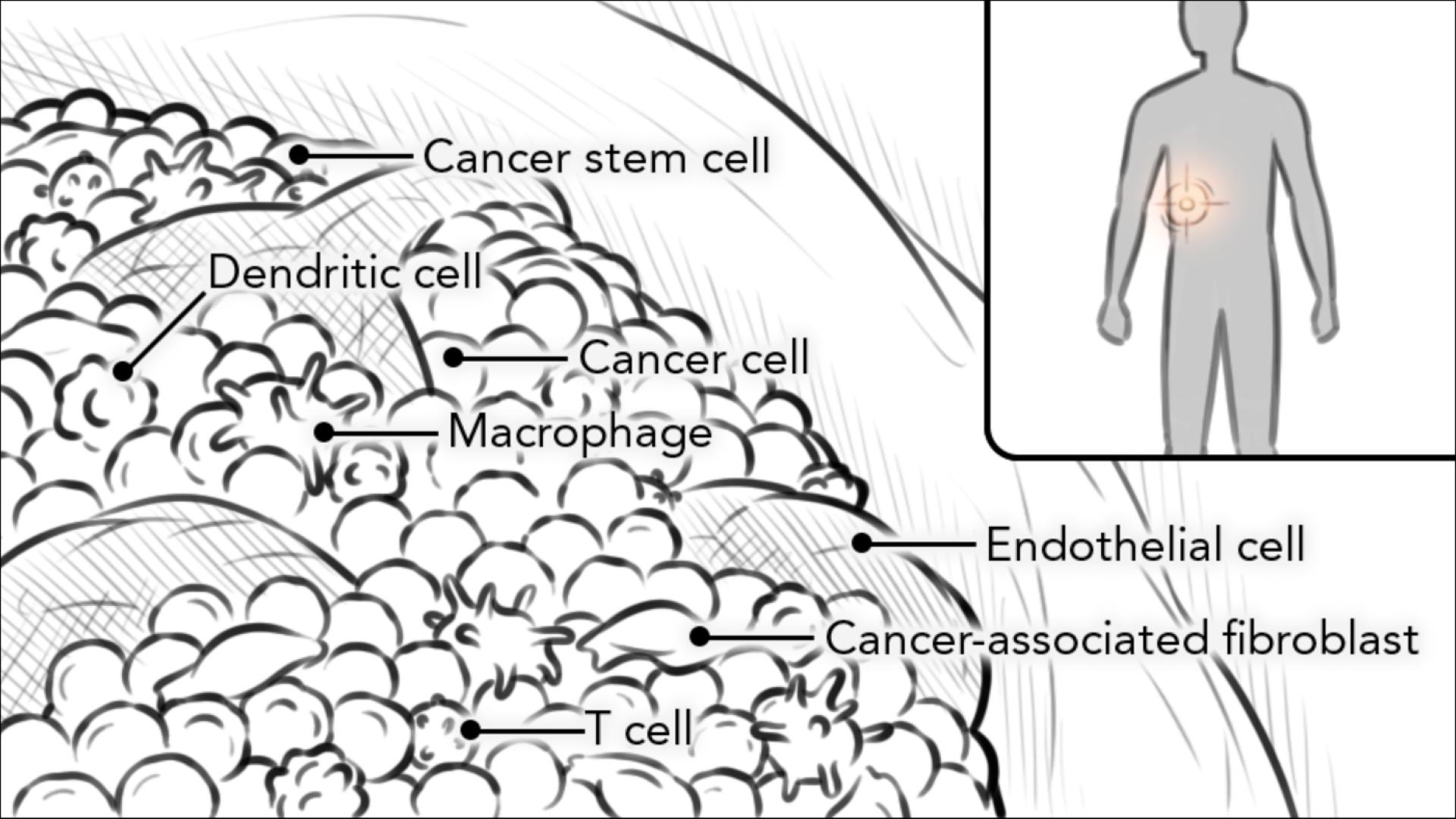Lung cancer in perspective
Brief overview on
The ABCs of NSCLC: An In-Depth Guide to Non-Small Cell Lung Cancer
Non-small cell lung cancer (NSCLC) is a type of cancer that develops in the lung tissue. It is the most common type of lung cancer, accounting for about 85% of all cases. Smoking is the leading cause of NSCLC, accounting for about 85% of all cases. Other risk factors include exposure to secondhand smoke, radon gas, air pollution, and asbestos. People with a family history of lung cancer may also be at a higher risk. The prognosis for NSCLC depends on the stage of the cancer at the time of diagnosis. The 5-year survival rate for all stages of NSCLC combined is about 24%, but this can vary greatly depending on the stage and subtype of NSCLC.
Be aware
Symptoms of NSCLC
- Coughing
- Shortness of breath
- Chest pain
- Hoarseness
- Weight loss
Diagnosis process
Detection of lung cancer
Some people may not experience any symptoms until the cancer has spread to other parts of the body. Diagnosis of NSCLC usually involves a combination of imaging tests, such as CT scans or PET scans, and tissue biopsy. The biopsy is necessary to confirm the presence of cancer cells and determine the subtype of NSCLC.
In cases of stage IV non-small cell lung cancer (NSCLC), oncologists may utilize various chemotherapies and targeted therapies based on the patient’s individual characteristics and the molecular features of the tumor. Clinical trials or genetic testing results may influence treatment decisions. The objective of oncologists is to use the most effective and evidence-based treatments tailored to each patient’s specific situation and modify treatment plans based on the patient’s response to therapy. The difficulty of treating lung cancer depends on several factors, such as cancer type, stage, patient’s overall health, and tumor molecular characteristics. Small cell lung cancer (SCLC) is generally regarded as more aggressive and challenging to treat than NSCLC, which encompasses several subtypes. Although SCLC is typically more responsive to chemotherapy than NSCLC, it also grows and spreads faster, making it harder to cure. Nonetheless, the difficulty of treating lung cancer can vary widely based on individual patient factors. Treatment decisions should always be based on a personalized approach that considers each patient’s unique circumstances.

We’re Here Whenever You Need Us
info@encapsulate.bio
Phone
(two six seven) 290-7779
Open Hours
Mon – Fri: 8 am – 8 pm
Sat: 10 am – 4 pm
Address
400 Farmington Ave., Unit 1841, Farmington, CT



